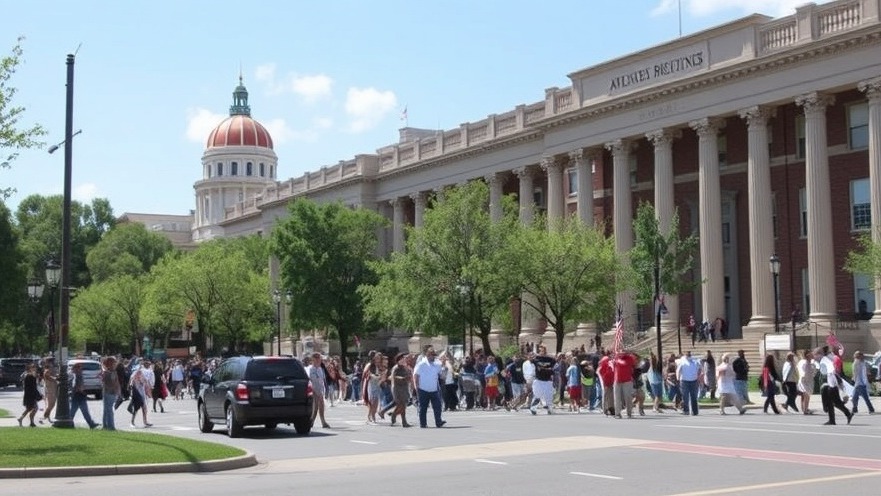
Understanding the Infrastructure Challenges in Northwest Arkansas
When it comes to growth and infrastructure, Northwest Arkansas (NWA) stands at a fascinating crossroads. As discussed in the video "What does NWA fall at? - Infrastructure?" planning for the future has emerged as a pressing concern. While many agree that the existing infrastructure is functionally adequate, its shortcomings in foresight can lead to bigger problems down the line.
In 'What does NWA fall at? - Infrastructure?', the discussion dives into the region's growth and planning challenges, prompting us to analyze the complexities of NWA's infrastructure.
Growth and Planning: A Delicate Balance
NWA's rapid growth has been both a boon and a challenge. The community has seen traffic flow that is surprisingly efficient when compared to many major cities. However, the crux of the issue lies in planning—or the lack thereof. The essence of a successful infrastructure system is not only about current conditions but also about anticipating future needs. Stakeholders in the region admit that if they could have projected growth patterns more effectively, many of the current challenges could have been mitigated.
Local Insights: A Resident Perspective
Residents often have the best pulse on their surroundings, and their view of the traffic conditions reinforces the idea that, while the roads are adequate right now, there is an ever-looming threat of congestion and capacity issues. Just as drivers in Chicago experience a far more pronounced struggle in their commute, most locals agree that NWA remains manageable. However, it’s that nagging thought that a little more planning could have created a more resilient infrastructure.
Looking Ahead: Opportunities for Improvement
As NWA continues to grow, there lies an opportunity for local leaders to take more proactive measures in urban planning. By utilizing data, stakeholder engagement, and community feedback, improvements can be made to ensure that transportation and infrastructure evolves alongside population growth. Regular assessments and adaptive strategies will help in making informed decisions that cater to both present and future needs.



Write A Comment